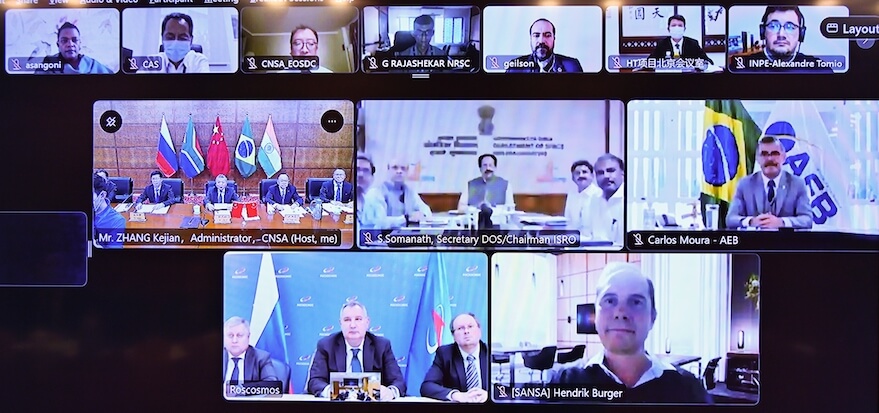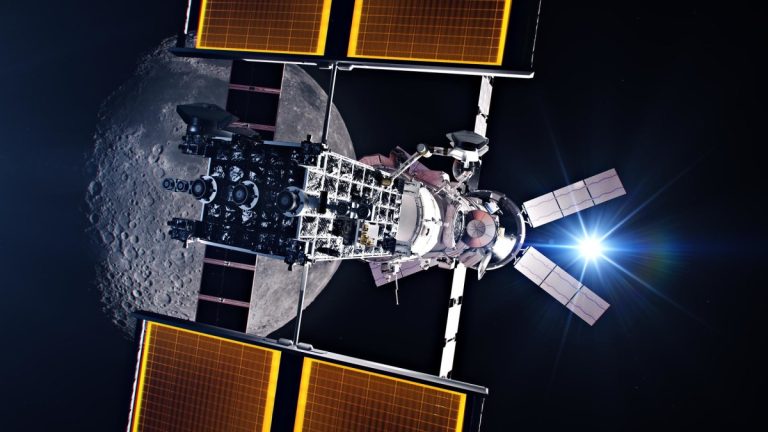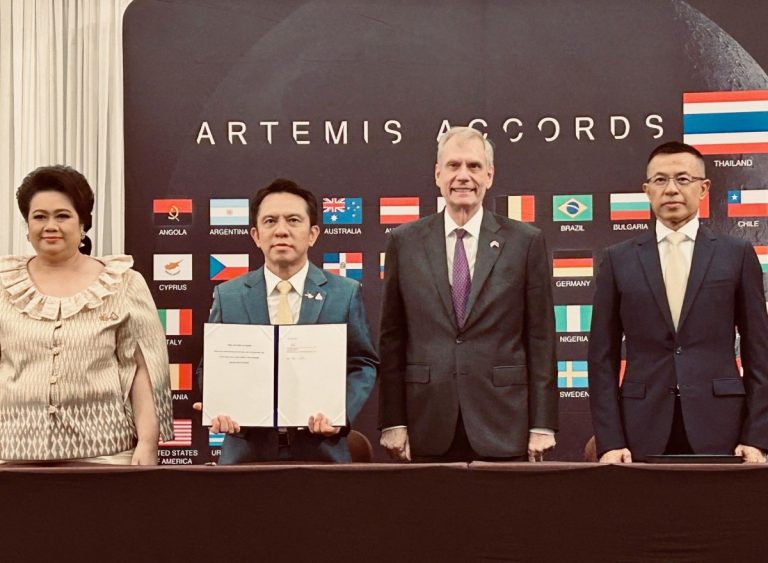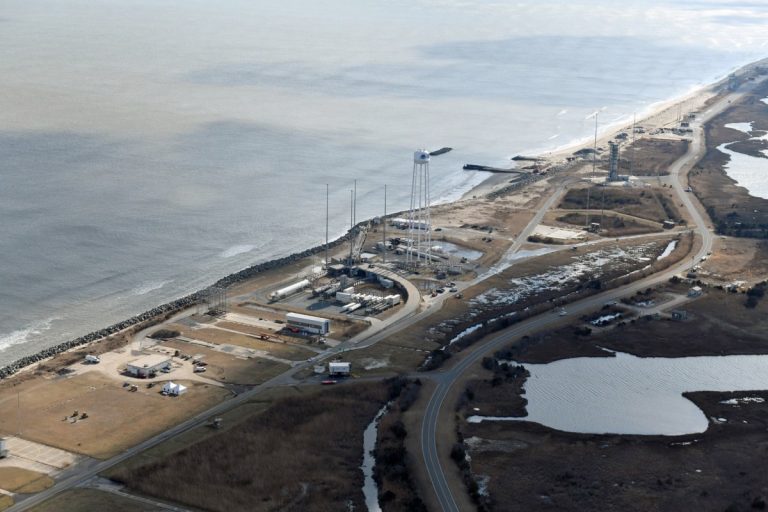
Against Quad? China launches satellite-based Earth observation initiative with BRICS nations (Image Credit: Space News)

SEOUL, South Korea — In what appears to be a tit-for-tat move against Quad nations’ launch of a satellite-based maritime domain awareness initiative for the Indo-Pacific region, China has rolled out a similar campaign with its four BRICS partners.
The China National Space Administration (CNSA) “officially launched” the BRICS Joint Committee on Space Cooperation on May 25, with the goal of cooperation in the remote sensing satellite observation and data sharing among China, Russia, India, Brazil and South Africa, the five nations that form an economic partnership called BRICS. The joint committee will “guide cooperation on the BRICS Remote Sensing Satellite Constellation to better serve economic and social development in member countries,” Zhang Kejian, head of CNSA, said at the committee’s first video meeting. Zhang said the committee will “enable BRICS space agencies to work closer together when it comes to environmental protection, disaster prevention and mitigation, and tackling climate change with efficient data sharing and utilization.”
While the five BRICS nations signed an agreement on the initiative in August 2021, its official launch took place a day after leaders of Quad member countries — the United States, Japan, India and Australia — agreed to launch a satellite-based maritime observation initiative, as part of efforts to help countries in the Indo-Pacific region track illegal fishing and other suspicious maritime activities. Because the Quad is a U.S.-led security forum aimed at countering China, the monitoring effort is likely to focus on China’s maritime activities in the region.
“We strongly oppose any coercive, provocative or unilateral actions that seek to change the status quo and increase tensions in the area, such as the militarization of disputed features, the dangerous use of coast guard vessels and maritime militia, and efforts to disrupt other countries’ offshore resource exploitation activities,” the leaders said in a May 24 joint statement. The statement did not explicitly name China. They said the satellite-based maritime domain awareness initiative will “promote stability and prosperity in our seas and oceans.”
China’s foreign ministry spokesman Wang Wenbin denounced the initiative in a May 24 press conference, saying, “We hope certain countries would not see China through tinted glasses and make unwarranted accusations. Building small cliques and stoking bloc confrontation is the real threat to a peaceful, stable and cooperative maritime order.”
At the May 25 meeting, representatives of BRICS nations’ space agencies “reviewed and adopted documents on the joint committee’s terms of reference, the technical specifications for data exchange, and the implementation procedures for joint observation,” according to CNSA. They will carry out the joint observation with six operating satellites: Gaofen-6 and Ziyuan III 02, both developed by China, CBERS-4, jointly developed by Brazil and China, Kanopus-V type, developed by Russia, and Resourcesat-2 and 2A, both developed by India.








